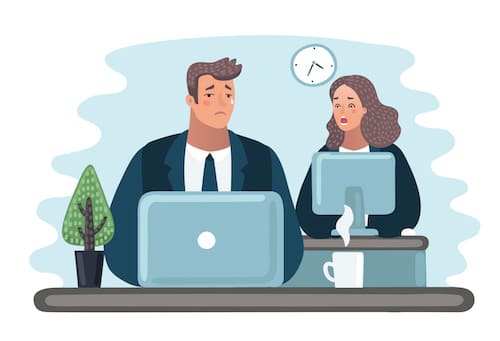September 27, 2018
By Lindsey Warren Dietrich
If you or someone you know is experiencing a mental health, suicide or substance use crisis or emotional distress, reach out 24/7 to the 988 Suicide and Crisis Lifeline (formerly known as the National Suicide Prevention Lifeline) by dialing or texting 988 or using chat services at 988lifeline.org to connect to a trained crisis counselor. You can also get crisis text support via the Crisis Text Line by texting NAMI to 741741.
 Earlier this summer, the world lost two more celebrities to suicide. In the wake of the deaths of Kate Spade and Anthony Bourdain, public reaction has been what you would expect, especially on social media: outpourings of grief, disappointment and confusion. Nationwide, the National Suicide Prevention Hotline number was shared and “liked” and people called the deaths “preventable tragedies.”
Earlier this summer, the world lost two more celebrities to suicide. In the wake of the deaths of Kate Spade and Anthony Bourdain, public reaction has been what you would expect, especially on social media: outpourings of grief, disappointment and confusion. Nationwide, the National Suicide Prevention Hotline number was shared and “liked” and people called the deaths “preventable tragedies.”
On one hand, engaging directly with this topic in a public forum is a step in the right direction toward reducing the stigma associated with mental illness and suicide. On the other hand, there are more productive ways of responding when suicide shows up in the news.
The most common sentiment I see on social media after a suicide is something along the lines of, “If you are struggling with depression, get help.” There is no doubt that those statements are well-intentioned, but they open up issues of agency and accountability. Placing all the responsibility on the person with depression to save him or herself—when depression makes it incredibly difficult to accomplish anything productive—creates another layer of stress to the illness. And the language around “get help” is often vague and ill-defined. How and from whom? If I call the National Suicide Prevention Hotline number, what do I even say?
The notion that suicides are preventable is also troubling. We’d rarely call a cancer death “preventable,” unless the patient opted for no treatment or ignored the advice of her doctor; that death is simply the unfortunate end of a serious illness. Calling suicide “preventable,” then, shifts agency (and, by extension, blame) onto the person who completes the suicide. This doesn’t afford mental illness the same respect and gravity associated with the suffering caused by physical illness.
Rather than targeting our social media posts in the wake of celebrity suicides at those who are experiencing suicidal ideation, perhaps we should target would-be allies and empower them with the knowledge and tools to make a difference, should a loved one need their help someday. Here are some tips we might share with those around us:
What these statements all have in common, aside from being caring, is that they incorporate both “I” and “you,” which emphasizes the helping person’s role as an active participant in the healing process.
When public figures die by suicide, in addition to sharing our memories and grief, we should also look to open up a dialogue about how we can effect change. This takes more than urging individuals with depression to “get help” on social media. As suicide has become a public health issue, it has implications for all of us. We should change the way we think and speak about suicide to make it easier to connect with those who need help. We all have a role to play in eradicating stigma through our words and actions, both online and off.
Lindsey Dietrich received her MA in English from Boston College. She works in the publishing industry and lives in Grafton, Massachusetts with her husband and son
We’re always accepting submissions to the NAMI Blog! We feature the latest research, stories of recovery, ways to end stigma and strategies for living well with mental illness. Most importantly: We feature your voices.
LEARN MORENAMI HelpLine is available M-F, 10 a.m. – 10 p.m. ET. Call 800-950-6264,
text “NAMI” to 62640, or email. In a crisis, call or text 988 (24/7).